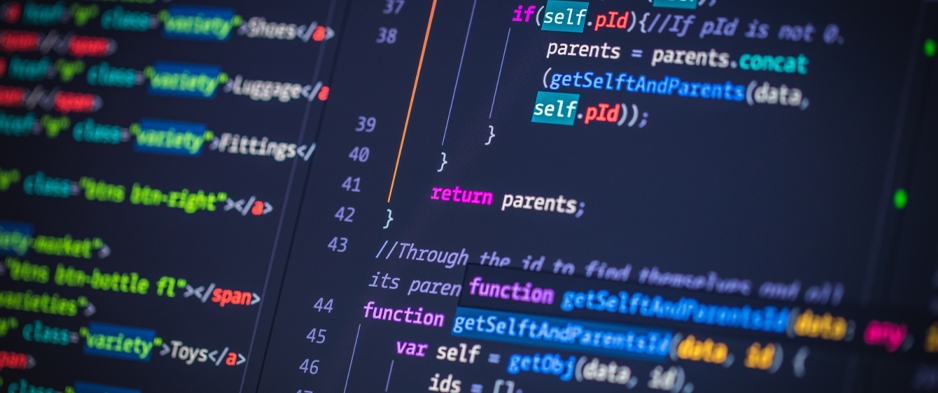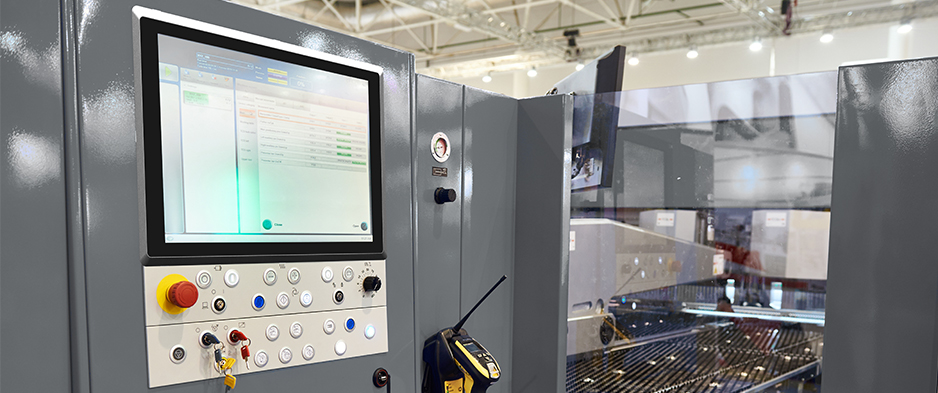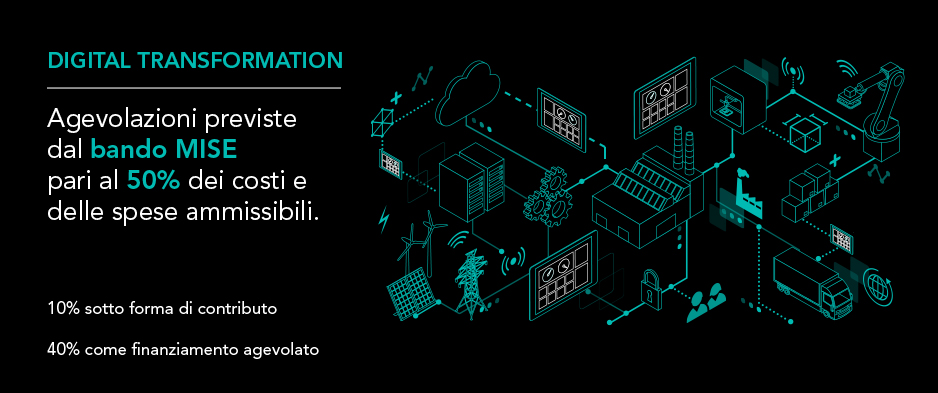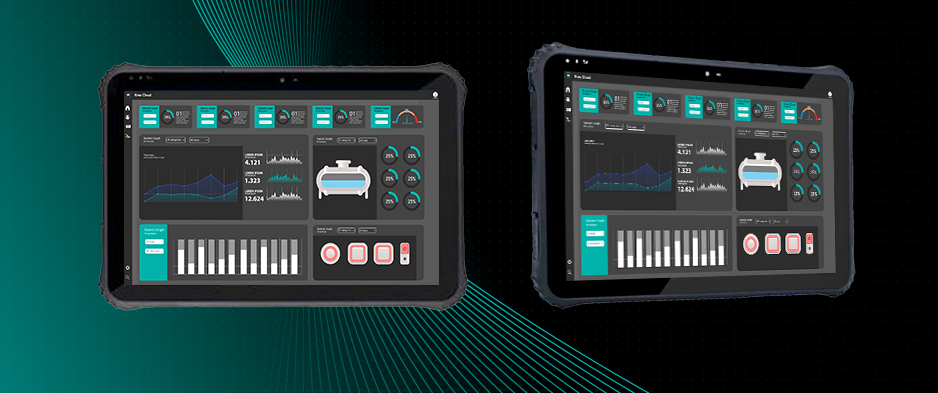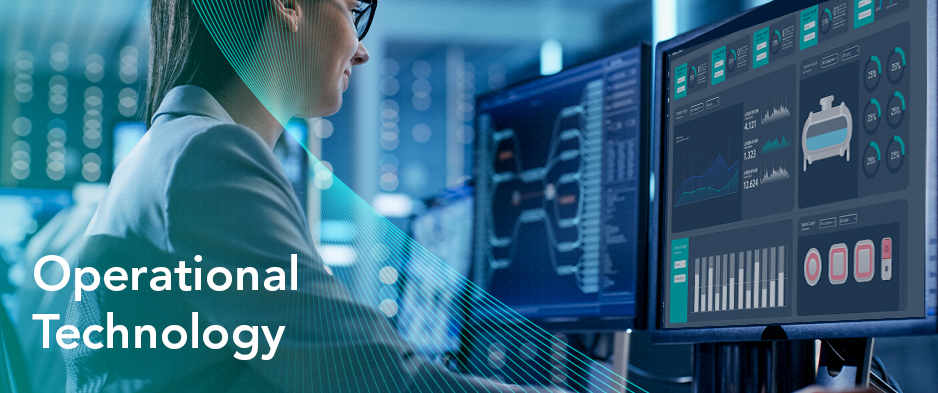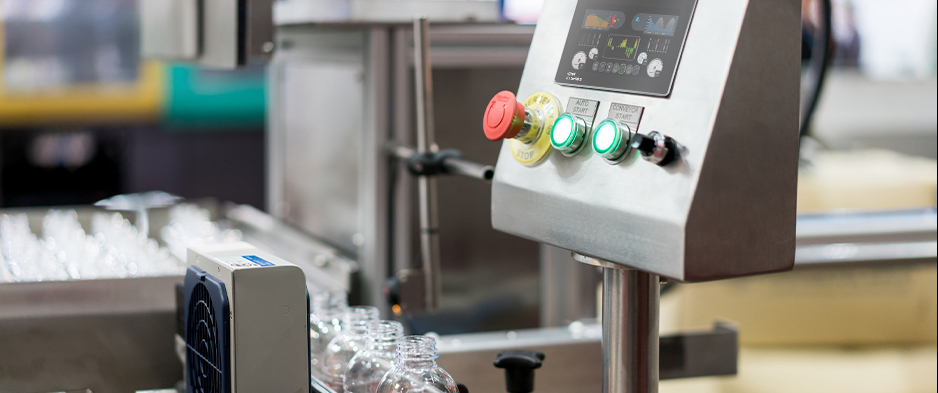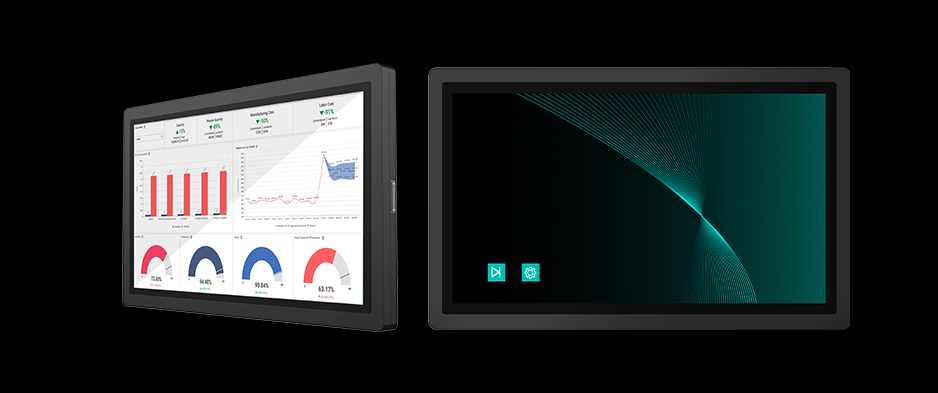(EN) In these past years, the number of HTML5-based applications has been growing, and not just in the consumer and business market. This technology has become the web programming standard in the industrial sector, thanks to its benefits in terms of flexibility, mobility and efficiency. Let’s see the benefits of HTML5-based industrial management and control interfaces. ESA’s solutions included.
MORE(EN) HMIs driven by artificial intelligence make it possible to develop increasingly automated industrial production systems and to accelerate the innovation processes of companies according to the paradigms of Industry 4.0.
MORE(EN) Digital Transformation: the MISE call for SMEs arrives. From December 15th 2020, Italian companies will be able to request access to contributions and funding for the development of projects for the implementation of digital tools and enabling technologies of the Factory 4.0 Plus Plan.
MORE(EN) Industrial rugged tablets are designed to withstand even the most extreme production conditions.
MORE(EN) In the past years, we have witnessed the growing integration between IT (Information Technology) and OT (Operational Technology). Especially in production, industrial automation applications now communicate with the corporate IT network.
MORE(EN) SPS Italia doesn’t give up. The tenth edition of Italy’s leading fair for automation and smart, digital, and flexible manufacturing will take place from 28 to 30 September 2020. However, this year the community will meet in a completely new digital dimension.
MORE(EN) The fifth generation of mobile network will redesign the quality of connection in production plants. And while companies are preparing to unlock an unprecedented level of accessibility and communication, experts are expecting a step forward in the history of the Internet of Things and Industry 4.0.
MORE(EN) What are the advantages of HMI in packaging? From reconfiguration speed to actions intuitiveness, the right HMI device can make the difference between an efficient and an unproductive one.
MORE(EN) Digital signage uses IoT, information technology and smart devices (such as monitors) to make production more efficient and to automate communication within the plant. From displaying alarms to prevent malfunctions to product recognition, this innovative technology has enormous potential in Industry 4.0.
MORE(EN) The increasing digitization of processes in Industry 4.0 poses new challenges in terms of industrial cybersecurity for control systems. Here are some of the most effective solutions to prevent the risk of cyber attacks and ensure the security of SCADA, PLC and HMI.
MORE
